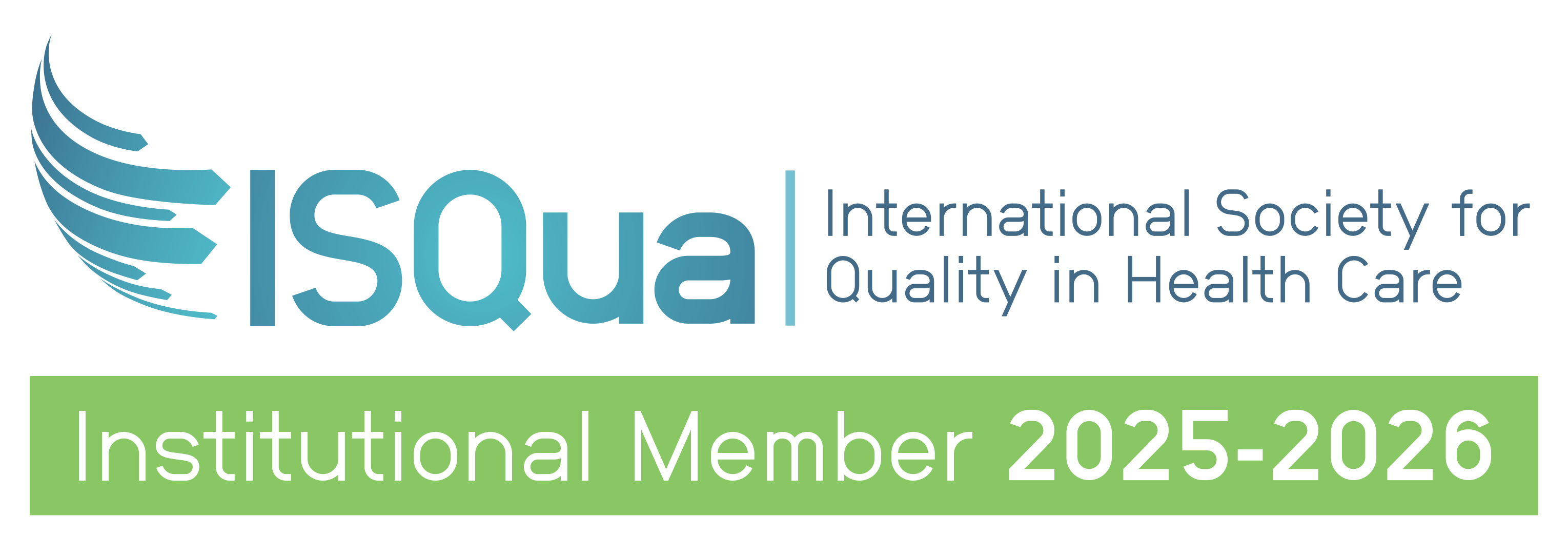
QI In Action: Redesign of the clinical incident review process
QIL Participant, Ms Fiona Murray worked on a project aimed at enhancing outcomes through a revised clinical incident review process that prioritised systems over individuals, and to better align with the intent of Clinical Governance Standard 1.
This week we shine a spotlight on the Quality Improvement Lead (QIL) Program project undertaken by Ms Fiona Murray, Director of Safety and Quality Safety and Quality Directorate Yorke and Northern Local Health Network.
Project Background
In 2021 the Yorke and Northern Local Health Network underwent an external review of its safety and quality systems, and accreditation against the National Safety and Quality Health Service Standards. These both identified that the clinical incident review process did not meet Standard 1 Clinical Governance Standard (Action 1.11). In response to this, a Clinical Incident Review Committee (CIRC) was established. A subsequent review in 2022 concluded that despite the creation of the Clinical Incident Review Committee, the clinical incident review process was still not effective. A subjective single professional perspective dominated, focusing on ‘mistakes made’ with a person-centric focus.
Participation was limited, thus risking missing important views, with a risk that the wrong conclusions were drawn, leading to flawed recommendations and limited system improvements.
Summary
A new improvement project commenced in August 2022 with the purpose of understanding why the previous intervention had failed and to provide recommendations for a new approach.
Semi-structured interviews were conducted with existing committee members, a review of performance metrics was undertaken, including the Committee’s key performance indicators: number of meetings cancelled or not quorate; incident data, including length of time to complete; and number of times the same incident was reviewed.
A rapid review of the literature was conducted, and examples of best practice sought from other jurisdictions. An evaluation of tools such as the London Protocol and root cause analysis was undertaken. Following this, a suite of tools was chosen to support a consistent process.
The Safety and Quality team undertook training in root cause analysis and other identified tools. Restorative justice culture training was provided to all members of the Safety and Quality team and members of the Clinical Incident Review Committee. Membership of the committee was broadened and a process whereby sites were invited to participate in their incident reviews was established. A new clinical incident review process was designed and tested and changes made based on feedback received after each Clinical Incident Review Committee meeting. The role of the Committee was clearly articulated as a resource that works collaboratively with Yorke and Northern Local Health Network services to determine the intrinsic aspects of system failures; and to identify and advise on opportunities for improvement. The following principles now underpin all incident review activities:
- A just culture
- Focus on systems and not people
- A human factors approach
- Emphasis on learning
Results
Following these changes there has been a noticeable improvement in Committee performance, with 100% attendance and no meetings cancelled or non-quorate. Average time to closure of an incident had gone from 101 workdays to 65 workdays. There has been an increase in the number of ISR1 or 2 incidents being reported from 19 to 33, which we interpret as people feeling more confident to report them.
Providing an explicit focus in the CIRC on systems, not people, reinforcing the restorative just culture approach at every meeting and establishing best practice methodologies for conducting incident reviews have achieved profound culture change and increased the effectiveness of the incident review process across YNLHN.
The next steps include a review process to revisit the recommendations to ensure that they have become embedded as a system change. We will also redesign the way in which learnings are disseminated and instigate a parallel process to provide professional debriefs and psychological support to those involved.
Explore projects from QIL Program Graduates
You can read more projects like these in the QIL Projects Summary booklet undertaken by QIL 2021-2023 participants over the course of our 9-month program.
The booklet contains summaries of real work-based improvement projects across various healthcare categories including acute healthcare, community, drug and alcohol services, partnering with consumers and more.
The Project Summaries 2021-2023 booklet is available for viewing here.

